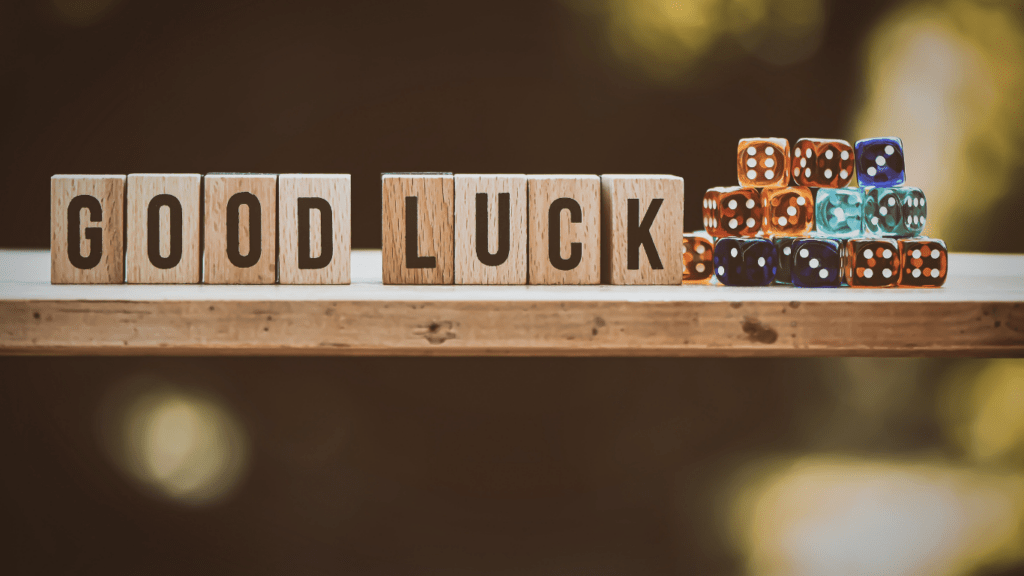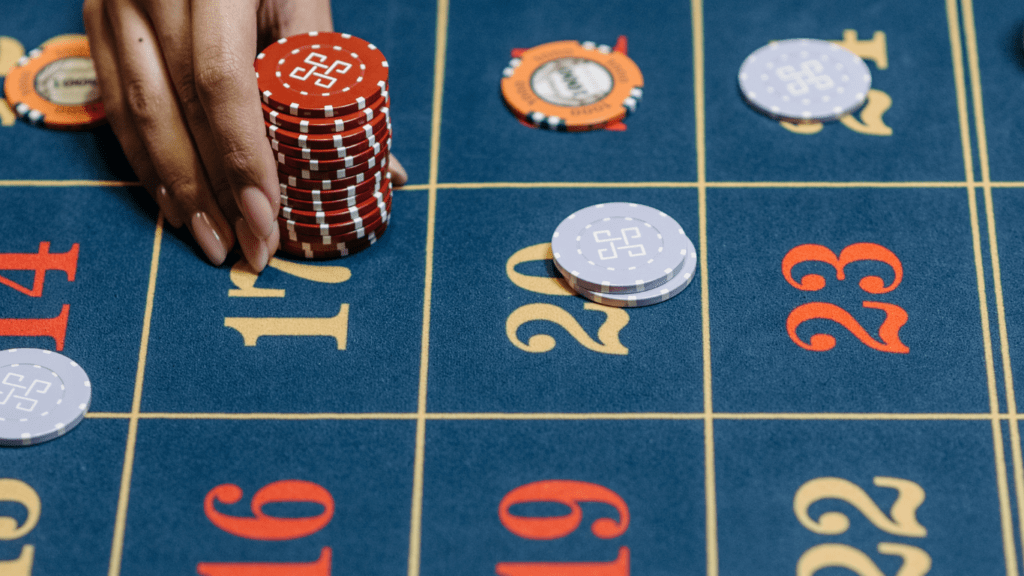Understanding Confidence and Luck
Confidence and luck share an intriguing psychological connection. Confidence, the belief in one’s abilities, plays a crucial role in how we perceive luck. When I’m confident, I often view circumstances as favorable and see opportunities where others might see obstacles. Luck, often seen as random chance, becomes more accessible when coupled with self-assurance.
Confidence influences decision-making and risk-taking. When I trust my capabilities, I take calculated risks, which can increase my chances of achieving desired outcomes. This, in turn, can lead to attributing these successes to luck. Conversely, when self-confidence is lacking, I’m less prone to take risks or notice opportunities, which might minimize the role of luck in positive outcomes.
Self-perception also affects how I interpret events. When feeling self-assured, I usually believe that good fortune results from personal traits or smart choices. This belief strengthens my confidence, creating a cycle where luck is perceived as aligning with my efforts.
Understanding this interplay between confidence and luck reveals how my mindset shapes experiences. Recognizing that confidence can enhance my perception of luck motivates me to maintain a positive outlook, thus fostering an environment where luck seems more attainable.
The Psychology of Confidence
Confidence impacts how we interpret experiences and respond to life’s challenges. It shapes our perception of luck by influencing how we assess situations and their outcomes.
Components of Confidence
Confidence consists of several elements that contribute to our self-perception. Self-awareness allows us to understand our strengths and weaknesses, facilitating growth. Optimism in our abilities fosters resilience, enabling us to persist in the face of adversity. Competence is acquired through:
- skills
- knowledge
The Role of Self-Esteem
Self-esteem plays a crucial role in building confidence. When we value ourselves positively, it influences how we approach opportunities. High self-esteem enhances our belief in personal success and makes us more likely to link achievements to favorable circumstances. Conversely, low self-esteem can limit our potential to succeed and affect how we perceive luck’s role in our lives.
Belief in Luck Explained

Belief in luck is an intriguing concept blending personal perspectives and cultural narratives. It’s intertwined with the way confidence shapes our world perception.
Definitions and Perspectives
- Luck is often defined by the outcome’s randomness or chance, separate from intentions or efforts.
- From my perspective, this definition highlights the external factors beyond our control that influence life events.
- Some view luck as a supernatural force, while others see it as statistical probability or a combination of preparation and opportunity.
- Someone landing a dream job might attribute this to luck, seeing it as a fortuitous break rather than strictly a result of their qualifications.
- Understanding these perspectives aids in comprehending how personal beliefs shape our confidence and subsequent interaction with the world.
Cultural Influences on Luck
Cultural beliefs significantly influence our perception of luck. In many Asian cultures, luck is seen as something that can be cultivated through practices and rituals, like feng shui or specific holidays, aiming to attract prosperity. In Western cultures, attitudes towards luck are often more skeptical, leaning towards self-determination over random chance. From my experiences, these cultural differences impact the integration of luck into personal narratives, influencing how individuals attribute their success or failure to external lucky breaks. Cultural contexts alter how confident we feel about influencing our fortunes, often seen in societal norms and rituals promoting a positive outlook.
The Link Between Confidence and Luck
Confidence plays a crucial role in shaping our belief in luck. When we’re confident, our perception shifts, altering how we view luck in our lives.
How Confidence Shapes Perception
Confidence enhances our ability to see opportunities. With a confident mindset, we reinterpret situations, linking them to favorable outcomes rather than random chance. For example, landing a great job is often seen as luck; with confidence, we recognize our skills and effort as key contributors. This reframing results in a stronger belief that luck works in our favor. Conversely, without confidence, we might attribute success purely to luck, diminishing our role in the outcome.
Tracking the Influence of Confidence on Luck
To track how confidence influences belief in luck, awareness of one’s achievements and how they’re perceived is essential. When I’m confident, I’m likelier to credit success to a blend of skill and luck. Keeping a journal of achievements helps understand this dynamic, allowing reflection on how confidence sways my interpretation of events. Patterns often emerge, showing that higher confidence correlates with a stronger belief in positive luck. Through consistent self-reflection, tracking this influence becomes an insightful process, highlighting the tangible role confidence plays in shaping our sense of luck.



 Gambling Industry Expert for Key Gamble Lucky, specializing in delivering up-to-date gambling news, effective betting strategies, and in-depth insights into various casino games. With years of experience and a profound understanding of the gambling industry, Irinalin’s expertise goes beyond just surface-level knowledge. They dive deep into the evolving trends, legal updates, and the psychological aspects of gambling. Through thoughtful analysis and research, Irinalin equips readers with practical tips, strategies, and the confidence needed to make informed decisions in the complex world of betting, whether they’re beginners or seasoned players.
Gambling Industry Expert for Key Gamble Lucky, specializing in delivering up-to-date gambling news, effective betting strategies, and in-depth insights into various casino games. With years of experience and a profound understanding of the gambling industry, Irinalin’s expertise goes beyond just surface-level knowledge. They dive deep into the evolving trends, legal updates, and the psychological aspects of gambling. Through thoughtful analysis and research, Irinalin equips readers with practical tips, strategies, and the confidence needed to make informed decisions in the complex world of betting, whether they’re beginners or seasoned players.